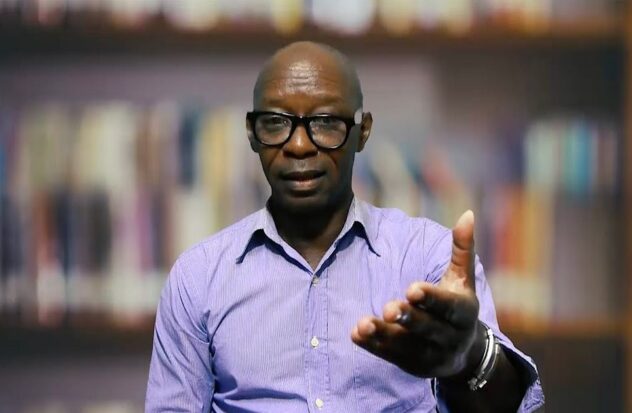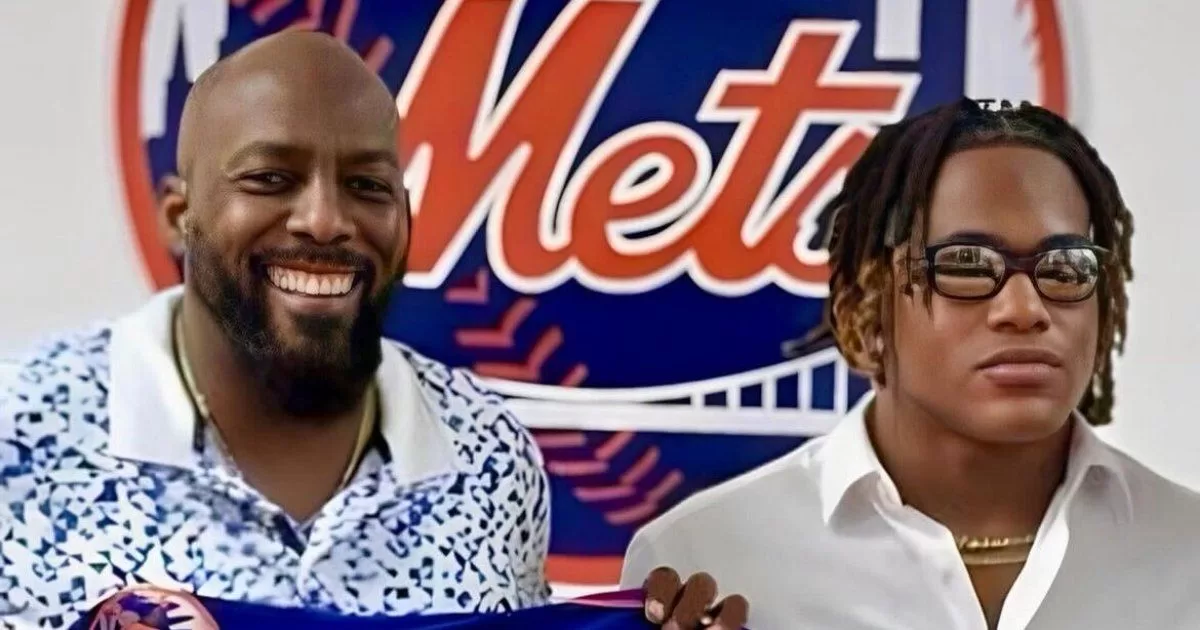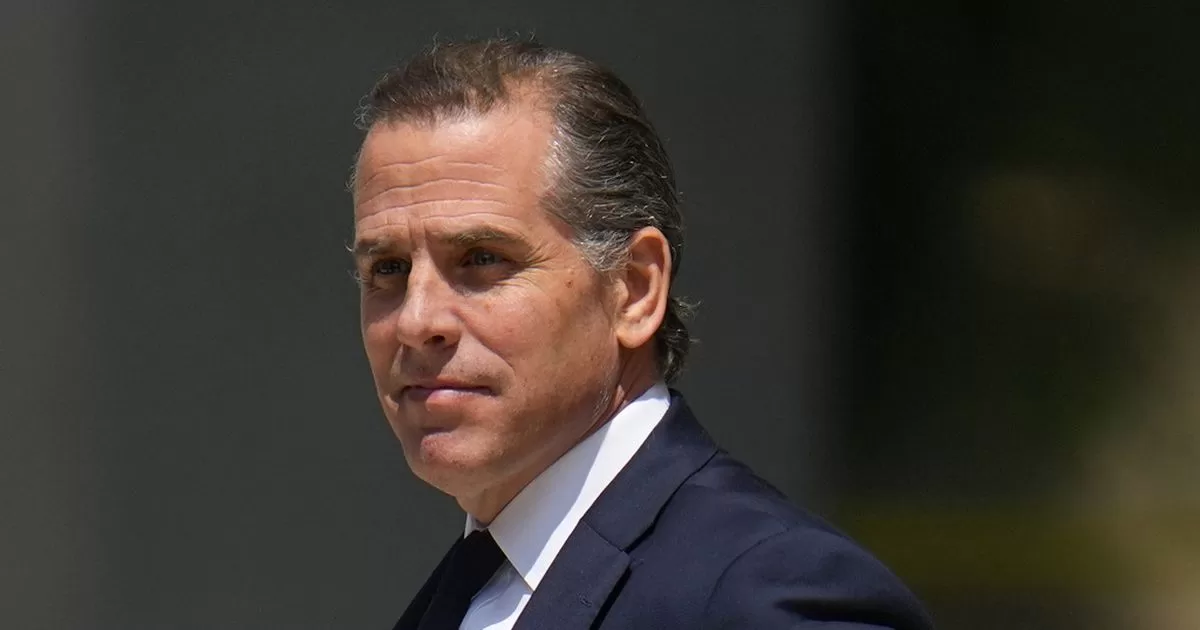Although the alliance between the regimes of Cuba and Venezuela is not as robust as in the times of Hugo Chávez and Fidel Castro, the ties remain with an impact on the population of both Latin American nations.
So far, opinion polls give an advantage to the candidate of the Democratic Platform, Edmundo González Urrutia, who goes hand in hand with the leader Maria Corina Machado (Vente Venezuela).
Machado won, in October 2023, the opposition primary elections with 92% of the votes, but could not run in the electoral race given the 15-year political disqualification set by the Comptroller General of the Republic (CGR). Amid complaints about the violation of political rights and the limitations imposed on competitive elections, such as the revocation of the invitation to the European Union for international observation, Nicolás Maduro’s adversaries are organizing to defend the vote and insist on who will continue in the fight for political change.
How is this situation perceived in Cuba?
“There is great expectation here with the issue of the elections in Venezuela and the possibility or potential of a democratic change,” says Manuel Cuesta Morua, human rights activist and manager of opposition projects to the Havana regime, in an interview with DIARIO LAS. AMERICAS.
In his opinion, the expectation is general and different from what happens with other processes that are only of interest to civil society, human rights activists and people most involved in issues of a political nature.
The historian also indicates that, in the case of Venezuela, there are two reasons that explain the attention generated in Cuba towards the electoral process in the South American nation. The first, he points out, has to do with civil society that lives intensely what may happen on July 28.
He affirms that, for Cuban society, it is important given that, for a long time, the sustainability of the Cuban regime has been associated with Venezuelan oil.
He adds that, “many in the opposition, we estimate the symbolic and also real impact that a change towards democracy could have in Venezuela because it would take away one of the main allies that the regime has had in trying to legitimize the existence of a similar model. A model of this nature not only has an economic impact, but also a political and symbolic one; it (the Cuban regime) is left more alone,” he explains.
Cuesta Morua does not lose sight of the fact that, in Cuba, there is also a desire for social changes. “People understand that it is very important that the Cuban government loses its ability to continue depending and maintaining itself on external aid and that it once again turns to a profound reform within the process,” she maintains.
At this point, the academic says that a process of change is brewing, although not as desired, nor in the appropriate direction, to grant more space to citizens.
“In any case, people understand that if the Cuban government loses a source of support as Venezuela has meant in economic terms, that will have an impact on the political decisions that the regime is going to make and on economic decisions, and above all everything in the direction of transformations that it has to take,” he emphasizes.
In the fight
The political activist believes that the paths that the opposition Venezuelan democratic organizations are serving the opposition in Cuba “in many ways and the fact that it is a leader like María Corina Machado, who is redirecting the democratic struggle through the electoral game, also has a powerful added lesson for the Cuban opposition.”
He points out that this route opened by Machado in Venezuela “strengthens, in some way, sectors like those we represent, who are betting, in Cuba too, that the best way to achieve democracy is precisely the institutional and constitutional way.” . He asserts that this represents a very important lesson.
“The means of popular demonstrations are important. But, these paths, as a path to democratization, encounter profound obstacles in regimes such as those of Nicaragua, Venezuela and Cuba. These first two learning from the third, where there is a powerful alliance between the judicial power, the military power, the police power and the political power,” argues Cuesta Morua.
It also indicates that, although the electoral path is the longest, it is much more viable.
On your side, Camila Acosta, journalist CubaNet and correspondent in Havana for the Spanish newspaper ABCbelieves that the formula that the opposition leader Maria Corina Machado is bringing to Venezuela has filled many Venezuelans with hope “and a large part of humanity that loves democracy and is against these dictatorships that exist at least in this hemisphere.”
He agrees with Manuel Cuesta Moura that the political process in Venezuela is viewed from Cuba “with a lot of encouragement” and they remain expectant.
However, Acosta maintains that due to the process that Cuba has experienced, they do not usually trust each other.
“We know that these are mafia dictatorships, criminals, narco dictatorships and that they are capable of anything to avoid losing power. But, in Venezuela, I believe there is still a glimmer of hope because they have been there for less years than in Cuba. In Venezuela they have not yet managed to get rid of all the opposition, there are institutions still fighting and standing firm, there are many opposition groups,” the journalist tells DIARIO LAS AMÉRICAS.
He highlights support for the political struggle being waged in Venezuela and any initiative “that means the end of that regime, the end of that mafia. Not only for the good of Venezuelans, but also because we know that it is the regime of Nicolás Maduro and all those soldiers and corrupt people who are in power and are the main allies of the Cuban regime.”
He states that, although Venezuela is experiencing a crisis and is not helping Cuba as it did before, “they continue to be strategic allies, they continue to be allies in the destabilization of the entire region.”
“The triumph of the opposition in Venezuela would be a hard blow for the triad of Cuba, Venezuela and Nicaragua,” he assures. He adds that, at the same time, it would represent “an encouragement to continue tearing down that great edifice of evil that they have built.”
But, he does not believe that a possible opposition victory over Maduro will necessarily translate into a boost for the opponents in Cuba.
“The situation of the opposition in Cuba depends on many more factors that are not directly related to the process in Venezuela. But, the fundamental thing is to break with that alliance and that the new democratic president or process that is built in Venezuela also contributes, not only to inspiring the rest of the countries that live under regimes of this type, but to support them directly to also get rid of those mafias in power,” he highlights.
Attentive regime
Cuesta Moura highlights that, in the power centers of Cuba, there is also a look at the possible scenarios in Venezuela. In this regard, he refers to the recent visits of Maduro officials to the island, such as Foreign Minister Iván Gil, and that of Cuban officials to Caracas, such as Attorney General Yamila Peña Ojeda.
He believes that it is not surprising that possible post-election scenarios are analyzed.
On May 14, the Venezuelan Foreign Minister met with his counterpart Bruno Rodríguez Parrilla to review the cooperation agreements and strategic alliances between the two countries.
Likewise, on May 30, the prosecutor’s offices of Cuba and Venezuela signed a 2024-2026 cooperation program.
“For us, as those responsible for such complex and highly responsible processes, we hope that this will have results in our daily work. There are many common points. The socialist State is the one that guarantees social justice,” said prosecutor Yamila Peña Ojeda about the aforementioned meeting between the prosecutors’ offices of both countries.
People’s needs
Ordinary people go through many hardships “and are more worried about what they are going to eat every day than what is happening in Venezuela,” acknowledges journalist Camila Acosta.
“The situation here is terrible and I don’t think it will change in the hypothetical circumstance that Maduro wins, even if he steals the elections,” he says.
Acosta referred to the lack of fuel, the lack of medicines, food, high prices, the poor functioning of medical care, “people are dying because there is no fuel for ambulances,” he also denounced, “the repression “It’s very strong.”
The situation in Cuba is “at a limit moment,” said Cuesta Moura and indicated that, if the country is not rescued by international actors, it will collapse.
“It is a failed State in its original sense, which is not only the loss of territorial control, but the inability of a State to provide the necessary public services, under minimum conditions to the population,” he summarized.
Source: Interviews Diario Las Américas / Cuba.Net



